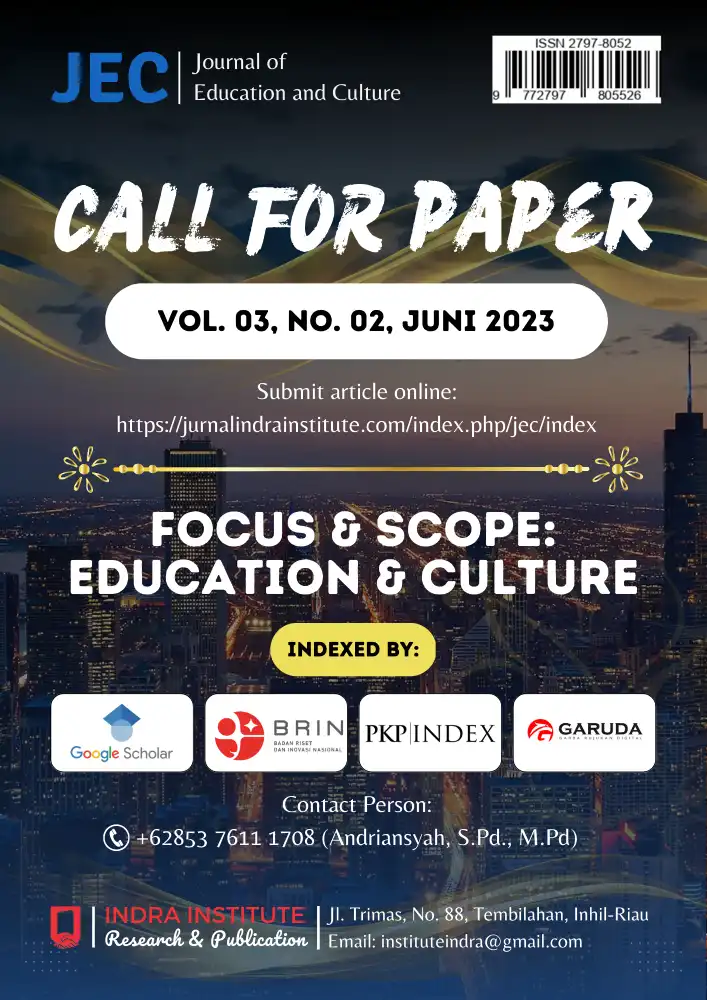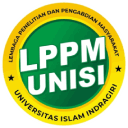Relasi Gender dalam Tradisi Perkawinan Orang Wawonii di Konawe Kepulauan
DOI:
https://doi.org/10.58707/jec.v4i2.920Keywords:
Relasi Gender, Tradisi, PerkawinanAbstract
In the traditions of the Wawonii people, there is often a division of tasks in the form of groups or collaboration between women and men. This phenomenon shows the existence of strong gender relations in the Wawonii community, especially in maintaining the culture. Through the technique of collecting several literatures and literature studies which also discuss gender perspectives, we use this method as a guide to analyze data relating to gender relations in the division of roles in the marriage traditions of the Wawonii people in Lebo Village, Konawe Regency on the Islands, as well as to strengthen the narrative that shows the phenomenon which is related. From the research results, we found that there is a social phenomenon in the preparation of the Wawownii people's wedding traditions, where some of the women's work is carried out by men. From this phenomenon, it can be seen that the division of tasks in the marriage tradition of the Wawonii people is a culture or habit that has been frequently carried out by the people of Lebo Village for generations. For example, the task of washing dishes is divided into two stages. First, before carrying out the Wawonii wedding tradition, this task is carried out by women, while men are in charge of cooking rice. Then secondly, when the event is taking place, the job of washing dishes is carried out by men while the women are tasked with serving the invited guests at the dining table. This division of tasks is carried out without any coercion. In other words, this is done voluntarily with self-awareness of helping each other regardless of social class.
Downloads
Published
How to Cite
Issue
Section
License
Copyright (c) 2024 Journal of Education and Culture

This work is licensed under a Creative Commons Attribution-NonCommercial-ShareAlike 4.0 International License.




















